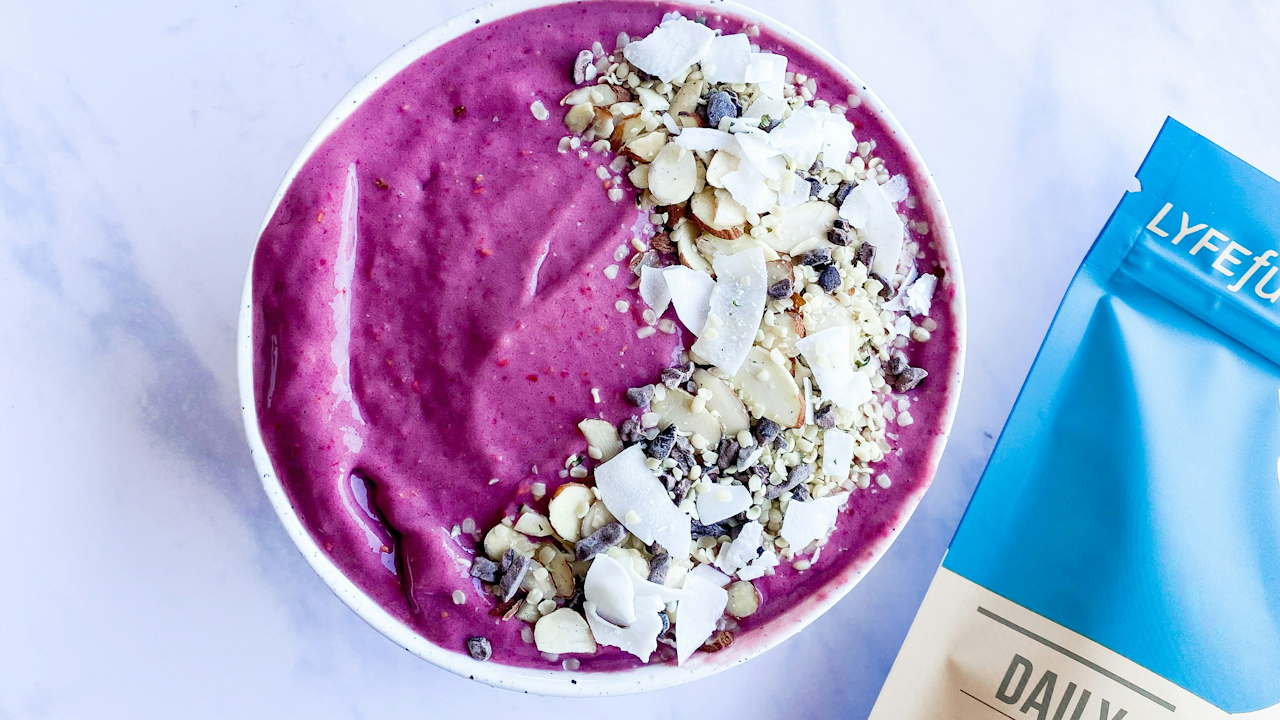The pursuit of a healthy lifestyle often leads to the exploration of “superfoods,” those nutrient-dense powerhouses that promise to enhance well-being. While the term itself lacks a strict scientific definition, it effectively captures the essence of foods that offer exceptional nutritional value. Rather than focusing on fleeting dietary trends, a sustainable approach emphasizes incorporating these foods into a balanced, consistent eating pattern.
One crucial category of superfoods encompasses dark leafy greens. Think of spinach, kale, and chard, each contributing a wealth of vitamins, minerals, and antioxidants. These greens are integral to supporting cellular health, immune function, and overall vitality. The abundance of fiber within these vegetables also plays a vital role in promoting digestive regularity and fostering a healthy gut microbiome. Integrating these greens into daily meals, whether in salads, smoothies, or cooked dishes, can significantly boost nutrient intake.
Berries, another prominent group of superfoods, are celebrated for their vibrant colors and potent antioxidant properties. Blueberries, raspberries, strawberries, and blackberries are rich in compounds that combat oxidative stress and inflammation, factors linked to various chronic diseases. Furthermore, the fiber content of berries contributes to satiety and blood sugar regulation. Their versatility allows for easy incorporation into breakfasts, snacks, and desserts, providing a delicious and nutritious way to enhance dietary quality.
The inclusion of certain seeds and nuts also contributes to a healthy lifestyle. Chia seeds, flaxseeds, and walnuts, for example, are excellent sources of omega-3 fatty acids, essential for brain health and cardiovascular function. These foods also provide valuable fiber and protein, promoting feelings of fullness and supporting overall metabolic health. The healthy fats found in these foods are also valuable for many bodily functions.
Furthermore, the benefits of certain root vegetables should not be overlooked. For example, beetroots, with their vibrant color, contain nitrates that may improve blood flow and exercise performance. They also provide a range of vitamins and minerals. Sweet potatoes, another root vegetable, deliver a healthy dose of fiber, vitamins, and antioxidants, contributing to sustained energy levels and overall well-being.
It’s important to recognize that the concept of superfoods should complement, not replace, a balanced and varied diet. No single food can provide all the nutrients necessary for optimal health. A holistic approach that emphasizes whole, unprocessed foods, including fruits, vegetables, whole grains, and lean proteins, remains the foundation of a healthy lifestyle. Superfoods serve as valuable additions, enhancing the nutritional profile of a well-rounded eating pattern. Therefore, by consistently incorporating these nutrient-rich foods into daily meals, individuals can support their overall health and well-being.


